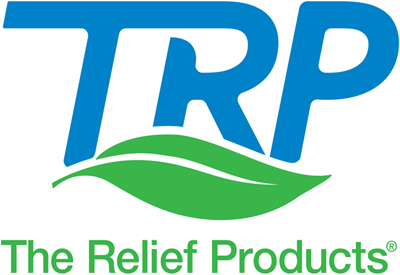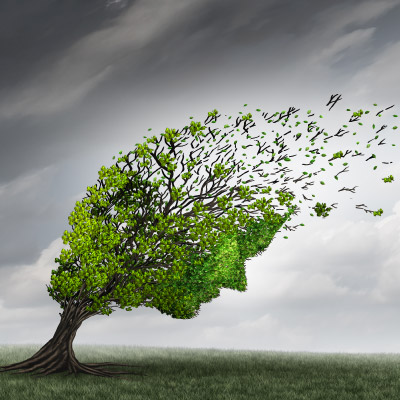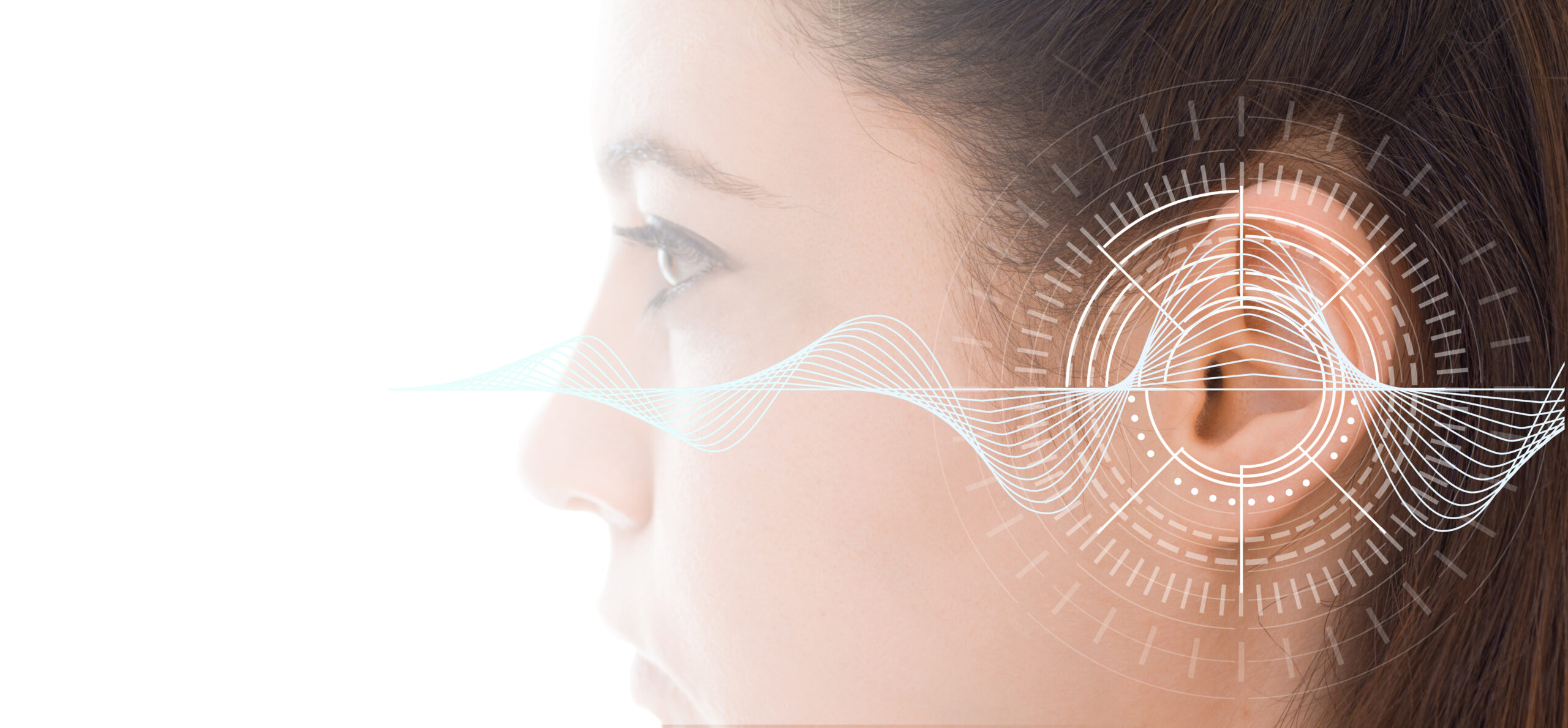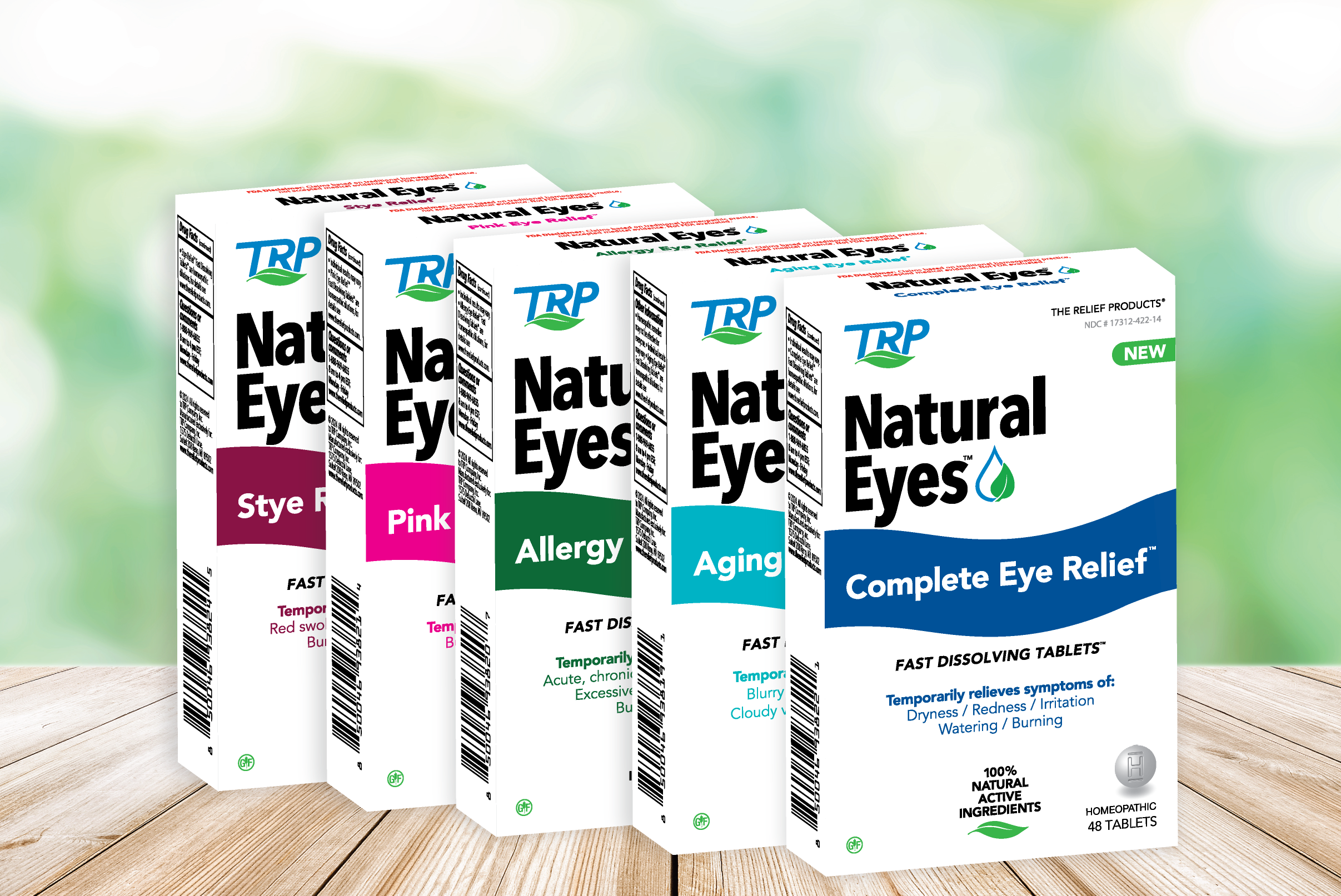In today’s fast-paced society, stress and anxiety have become nearly impossible to avoid. At one time or another, feelings of frustration, anger, and worry creep into our minds. In fact, statistics show that approximately 40 million Americans (18% of the population) suffer from an anxiety disorder, and nearly 80% of Americans report experiencing physical symptoms related to stress.
What Causes Stress and Anxiety?
Often times stress and anxiety can be driven by common triggers including work, financial security, relationship issues, and being unable to cope with overwhelming feelings. Our body’s natural response to stress leads to an increase in adrenaline- resulting in increased heart rate and breathing. You may also experience muscle tenseness, or an upset stomach due to your body focusing all its energy on its response to stress. This can result in symptoms that include irritability, difficulty concentrating, constant worry, loss of appetite / stomach issues, and more.
How is Anxiety Different from Stress?
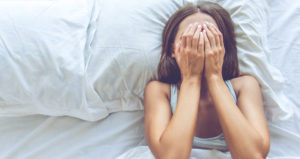
While anxiety can present itself with symptoms similar to stress, its causes and long-term effects can differ. For most, anxiety is brought on by a stressful situation or an upcoming event such as a job interview, work presentation, or a test in school. It is normal to feel pressure in these situations and can even sometimes lead to an increase in your performance. Typically, these feelings are short lived and situational. For others, anxiety can be a part of everyday life, and is overwhelming at times to say the least. Anxiety can severely affect your mental health and well-being, often times leading to psychological effects that include fear, tension, irritability, sweating, nausea, and more. Symptoms of anxiety may also include feeling dependent on others, a pessimistic outlook on life, and assuming the worst will happen in any given situation.
What Can I Do?
It is so important to talk about these conditions or feelings you may be experiencing. While it is important to take care of your body by exercising and eating right, it is equally important to take care of your mental health. Mental health has an incredible influence on every other aspect of our lives. If you are experiencing issues related to stress or anxiety, we encourage you to talk to someone about it. Additionally, if you know someone who is suffering from a mental health condition, offer them support or let them know you are there if they want to talk. Dr. Gro Harlem Brundtland, former director of the World Health Organization, articulated the state of mental health awareness best by saying “Mental illness is not a personal failure. In fact, if there is a failure, it is to be found in the way we have responded to people with mental health and brain disorders.”
Below you will find some helpful ways to naturally alleviate stress and cope with anxiety. In both cases, your treatment should be focused on identifying triggers, as well as eliminating any physical effects it is having on your body.
Natural Ways to Relieve Stress
One of the best ways to help reduce stress is by working to modify your reaction to stressful situations. Easier said than done, right? One way to do this is through meditation and mindfulness. In fact, several major hospitals have begun to utilize mindfulness meditation in their initial treatment of patients suffering from stress induced symptoms. Meditation will allow your mind “to divert attention from problematic emotional responses and decrease mental chatter (Gustafson, 2017)” Similar techniques include breathing relaxation exercises and using mantras to help cope with and modify your natural response to stressful situations. Furthermore, it is important to remove yourself from stressful situations if it is something that is affecting you daily.
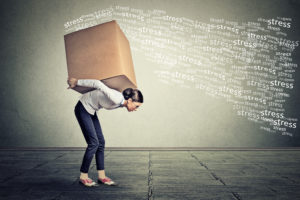
Stress will affect nearly every part of your body, including heart function, immune system, and hormonal balances. If you are experiencing stress and have had a reduction in the functionality of these systems, we always recommend consulting your doctor or physician for guidance. If you are experiencing symptoms related to stress on a daily basis, it is important to pin-point the cause and work to remove this trigger from your everyday life. Other therapies that can be helpful include progressive muscle relaxation techniques which focus on the contraction and relaxation of major muscle groups, aiding in stress reduction. Another technique known as Heart Math utilizes your heart beat and its response to emotions as a way to guide your stress reduction focus. While these treatments can be very helpful, it is often most effective to seek psychological counseling. A counselor will be able to give you an objective view and guide you through the management of your stress, which is very important.
Lifestyle Modifications
Stress, especially chronic stress, will do its best to deplete your body of resources. Specifically, stress will decrease your body’s B-complex vitamins, as well as magnesium. It is advisable to take supplements during times of increased stress to replenish your body. Furthermore, it is important to get enough sleep and eat meals regularly. It is also suggested to increase your physical exercise, as this is one of the best ways to ward off stress related symptoms.

You should also pay extra attention to your diet- being sure to balance your blood sugar levels by eating small meals often. It is advisable to eat foods with high levels of B vitamins such as oats, brown rice, and quinoa. These foods will also help your body to replenish serotonin, which helps to ease and calm your stress or anxiety. It is also recommended that you cut back on caffeine while eating foods to help your digestion stay regular, including leafy green vegetables.
Herbalism
During stressful periods you may want to use some calming herbs to help relax your body. Chamomile is very effective in relieving stress and acts as a mild sedative. Try making some chamomile tea or using a chamomile tincture to reduce stress levels. Another great stress aid is lavender. Lavender can be used as aromatherapy and has a calming scent that helps to alleviate tension. Try using a lavender essential oil or some lavender body lotion to help your body relax and calm down, naturally.

Natural Ways to Relieve Anxiety
The goal when treating anxiety is to alleviate the acute symptoms in hopes of improving the overall quality of life for that person. If you suffer from anxiety, it is highly encouraged to seek out professional help. Cognitive therapy, psychotherapy, and support groups can all be effective in dealing with anxiety. While many who suffer from on-going anxiety utilize some form of medication, there are other small changes you can make that will help to reduce symptoms. Small changes that can help to improve anxious feelings include reducing the amount of sugar and caffeine in your diet, improving your nutrition by eating healthier foods, reducing use of recreational drugs, and getting the appropriate amount of sleep.
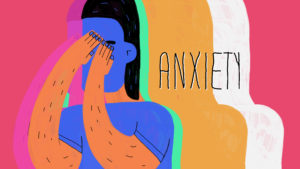
Lifestyle Modifications
Certain substances such as caffeine, alcohol, and nicotine should be avoided, as these substances tend to speed up your heart rate and will counteract any steps taken to relieve anxiety. It is also encouraged to eat foods that have calming and nourishing properties such as rice porridge, chicken soup, chamomile tea, peppermint, and plenty of fresh vegetables.
It’s important to recognize and identify what aspects of your life are triggers for anxiety. Often times, especially for those who continually suffer from anxiety, these external triggers can not be changed or modified. In this case, it is beneficial to concentrate on your reaction to these triggers and learn new ways to cope with them.
Naturopathy
Some techniques that are used for stress are also effective in relieving anxiety, including meditation and breathing exercises. Deep breathing is a great way to relax your body, especially your nervous system. Breathing exercises can also help to improve mental focus and increase energy. Start by finding a quiet, comfortable place to sit or stand. “Breath in through your nose to a count of five, hold for two seconds, and exhale to a count of five (Espinosa, 2017).” Do this repeatedly until you begin to feel better and more relaxed. You may also want to incorporate some stress-reducing exercise into your anxiety treatment. Yoga and T’ai Chi are both great, low impact exercises that can help to reduce stress and anxiety. Both incorporate deep breathing, slow, specific body movements, stretches, and meditation.

Aromatherapy
Some of the aromatherapy techniques that can be used for stress reduction work well for anxiety as well. Essential oils including lavender, jasmine, cypress, sandalwood, and others are beneficial and have relaxing, calming properties. It is so important to stay relaxed and as calm as possible when dealing with anxiety, as this will help to not worsen the symptoms.
Conclusion
When trying to understand stress and anxiety, it is important to remember that these conditions can affect everyone differently. What may seem like a stressful situation for you may not be so for someone else, and vice versa. It is important to recognize if you are experiencing one or both of these conditions and begin treatment as soon as possible. What works for one person may not work for you, so it is important to identify your triggers and focus on how stress or anxiety are affecting you directly.
While many mental health issues have been generally ignored or misunderstood for some time, now more than ever people are seeking proper guidance and counseling to cope with them. If you or someone you know are suffering from stress, anxiety, or depression, reach out to them. Let them know you are there for them if they need to talk. Those who are not affected by these conditions may not understand how impactful it can be on one’s life.
For more information about mental health, visit the National Alliance on Mental Illness’ (NAMI) website here.
Works Cited:
Ren, Zhuoling, et al. 500 Treatments for 100 Ailments. Chartwell Books, 2017.
“Mental Disorders Affect One in Four People.” World Health Organization, World Health Organization, 29 July 2013, www.who.int/whr/2001/media_centre/press_release/en/.
